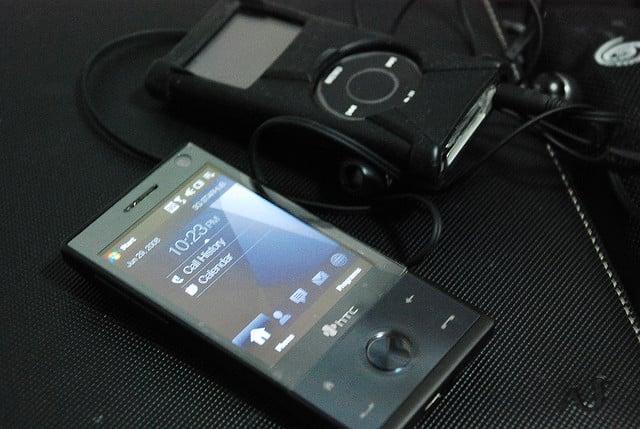With the mobile platform expanding rapidly and millions of users flocking to mobile devices every month, it is becoming increasingly hard for the companies to keep their systems damage-proof. According to a report by Juniper Research, mobile firms around the globe lose a whooping $58 billion each year to fraud and billing errors. And Africa and Middle East account for the greatest percentage of these losses.
Whereas 1% of the revenue is annually lost by mobile firms in Europe and some 2.8% in North America, the percentage is worryingly high in Africa and Middle East where it is 15%. The reason a greatest percentage of revenue is lost in the developing markets is that the quality of the infrastructure and system is often compromised to attend to the rapidly increasing user base.
According to Juniper research director, Windsor Holden, ‘The developing markets lose the highest proportion of their revenue because they have a greater number of pre-paid customers and it is easier to control what happens on the network when there is a contract in place. Also, developing nations have put their efforts into building subscriber bases rapidly and less thought has been given to how to deal with leakages.’
The reports deals with the issue of mobile fraud in detail and expounds 12 types of mobile frauds which result in the mobile firms losing their due revenue. The mobile firm, MTN Ghana, revealed that it lost some $9 million to mobile frauds over six months.
The worst form of mobile fraud comes in the form of subscription fraud where a person can use false details or fake IDs to get a subscription. Another major problem is that of SIM cloning. And all this seems to be getting worse with the whole lot of data consumption with the arrival of more intelligent smartphones. It becomes all the more hard to trace fraudulent activities amidst such load of data.
‘What is making operators’ tasks more difficult is that in the post-iPhone world that is lots more data. We aren’t just talking about traffic on handsets. Now we have connected cars, connected homes’ Holden says. And this view is shared by most telecom operators. Ninety-four percent of those asked about it said that they do expect the threat of revenue leakage to only increase over time whereas 49% think that the increase in this threat will be significant.
Living in a tech world which is churning out smarter and more intelligent, awe-inspiring tools every other day, I think it won’t be wrong to expect that in the future, perhaps such a mechanism could be devised which would make faking user ID or pulling off other mobile frauds much more difficult. And this, without affecting the telecom business.
Image courtesy koalazamonkey.
Follow us on Twitter or be a Fan on Facebook or Subscribe On our News Feed for free to get regular update.
[ttjad keyword=”social-media-samrtphones”]




